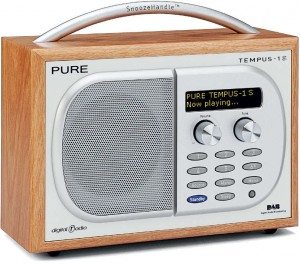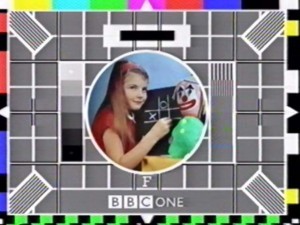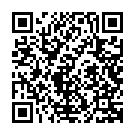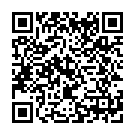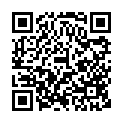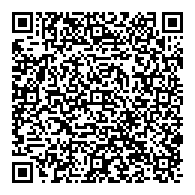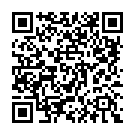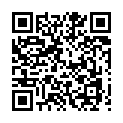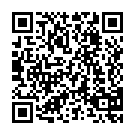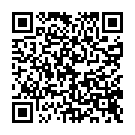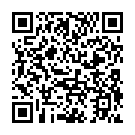A post I started writing in April 2011
Yes, that’s right, you heard me correctly, switching off FM radio (and most likely AM radio too) in 2015/2017 or even 2020 will benefit no-one!
[ad name=”AdBrite”]Let me clarify. We’ve all heard about the TV Digital switch over that happened in the UK and was completed in October 2012. (For the US readers, you will already be familiar with the issues regarding switch over, but as a digital radio system is not even in operation there (yet) issues regarding a digital radio switch over shouldn’t apply here) But now, in the UK they have decided that the UK’s radio stations should all switch exclusively to digital within the next 10 years!
How is this a problem? Well, here are a few of my concerns regarding switching off AM and FM broadcasts:
- Electrical waste – Unlike televisions, radios can’t be easily converted to digital. This means many perfectly usable radios will most likely end up in landfill
- Car radios – I haven’t seen that many car DAB radios on sale, and even if there are, the EU wants to ban any form of car modifications (see source) which could include even something like changing the car radio.
- DAB in the UK is already obsolete – Ok, this needs a little clarification, currently, most DAB stations in the UK are broadcasting using the MPEG-1 Audio Layer 2 (or MP2) audio standard at a 128kbps bitrate. MP2’s quality at lower bitrates is worse than the common MP3 standard that still plagues many portable music devices (regular readers will know of my gripe with that format), with some stations broadcasting as low as 56kbps. Other countries are already broadcasting their DAB using the newer AAC format. Most DAB radios sold in the UK do not have the software in them to use this format, and most probably won’t receive a firmware upgrade rendering them obsolete should the DAB standard change. Are you thinking “there’s no way they’d make current DAB radios obsolete, will they?” There’s plenty of horror stories of people having to rush out and buy new freeview TV boxes last minute after switchover when they found out their boxes were incompatible with the newer signals. A quick Googling comes up with a list of boxes that weren’t compatible after switchover! (Mirror Copy)
- RDS – If you don’t live in Europe, this point will probably mean nothing, but RDS is a system on FM radio which sends data to the receiver such as the station name, genre of music it plays, information about the current show and the current time. These functions exist on DAB. But there are more functions on RDS, such Traffic Announcements, which tell your radio to interrupt the current station, CD or whatever it’s doing, and tune to the local station providing traffic updates. Such a system doesn’t exist on DAB.
- Time pips no longer accurate – Before the hour, you usually hear what’s known as time pips (beep, beep, beep, beep, beeeeeeeeep), this allows people to set their clocks/watches to the correct time. With DAB, the process of decoding the digital signal adds some time delay, which varies from set to set, making time pips inaccurate.
- Emergency Broadcast Station – Not many people know this, but BBC Radio 4 is the dedicated station to tune to in the event of national emergency. If all other stations are forced off the air, Radio 4 will continue to broadcast. Currently, it can be picked up on all radios as it broadcasts on all wavebands (Long Wave, Medium Wave, FM, DAB and DVB), the BBC World Service is used for emergency broadcasts on Short Wave. Closing analogue broadcasts means that it would be more difficult to access emergency information should it be required.
The digital TV switch over already makes the visual version of point 6 obsolete. Originally, in the case of emergency, the RBS (Re-Broadcast Standby) would kick in, and signal would hope between transmitters up and down the country to provide information. Every year the BBC would perform a test at during the early hours of a January morning. For about 2 hours, viewers of BBC 1 and BBC 2 on analogue would be treated to the test card. The shutting down of Analogue radio would make emergency broadcasting very difficult, if possible at all.
Those are my thoughts, if anyone else wants to chip something in, feel free to leave a comment.
Cheers


